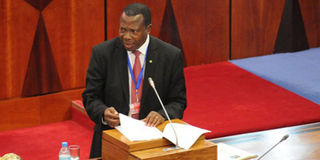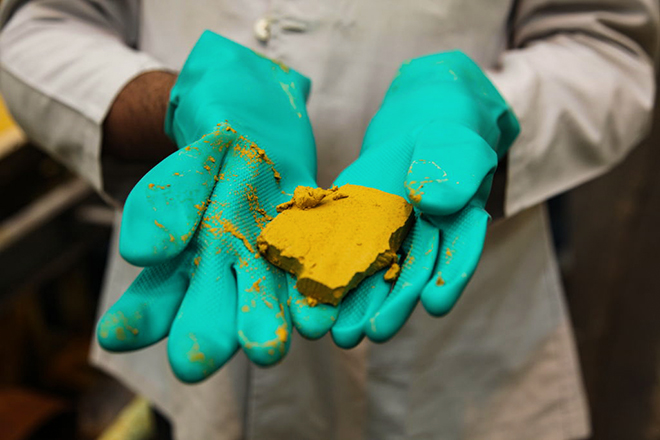Need for new procurement law outlined

Finance and Finance minister, Dr Phillip Mpango durin a previous event.
What you need to know:
The government sought to outline why Tanzania needed a revamped procurement law yesterday, detailing at least seven reasons why the existing legislative piece is bad for the country’s development endeavours.
Dodoma. The government sought to outline why Tanzania needed a revamped procurement law yesterday, detailing at least seven reasons why the existing legislative piece is bad for the country’s development endeavours.
Presenting a paper on the Public Procurement Act (Cap. 410) during a seminar for Members of Parliament (MPs) here yesterday, the Commissioner for Public Procurement Policy from the Ministry of Finance and Planning, Dr Fredrick Mwakibinga said under the existing law, all contractors charge the government prices that are far above the market ones.
On Thursday, the government tabled in Parliament the Public Procurement Act (Cap. 410) as it seeks to make major amendments to the Public Procurement Act 2011 in the hope that the new law will minimize transaction costs and processing time in procuring goods and services.
“For instance, while we all know that the market price for a bag of cement in Dar es Salaam is Sh11,500, under the indicative prices offered by the Public Procurement Act 2011, the government pays up to Sh20,000 or more for the same bag of cement. The changes we are bringing now seek to ensure that procurement officials stick to market price and we will put them accountable based on the same,” he said.
The new law also seeks to reduce the number of procedures in the procurement process. These procedures are associated with an increased number of people who must be paid allowances on several occasions, thus making the process cumbersome and expensive.
Under the existing law, various government entities are free to procure products of their own choices but the new law seeks to create uniformity in the type of goods and products that the government must own.
“During the days that I joined the public service, there was uniformity in the type of vehicles and furniture used by the government. Currently, things are different whereby you will find one senior official operating with a government-owned Toyota V8, another one uses a Jaguar or a Hyundai,” he said, noting that creating uniformity means that public servants will be using clearly defined vehicles.
For a complete story, buy a copy of Mwanaspoti newspaper today or subscribe to our epaper through http://www.epaper.mcl.co.tz.


